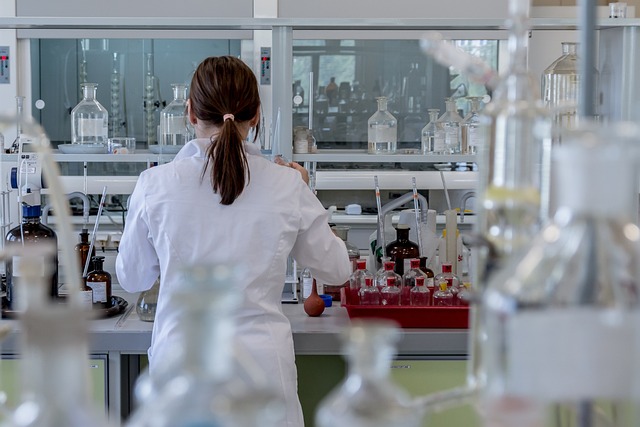
WHO to Conduct Clinical Trials for Avian Flu Vaccine in Humans
The World Health Organization (WHO) announces plans to commence clinical trials for an avian flu vaccine, prepared in collaboration with the WHO Global Influenza Network, aimed at addressing the ongoing threat of avian flu outbreaks and protecting public health globally.
August 2004

European Union Program to Combat HIV/AIDS in Developing Countries
The European Commission has approved a program with a budget of 22 million euros to combat HIV/AIDS in developing countries, focusing on prevention, care, and treatment activities, particularly among youth populations, to address the global impact of the epidemic.
March 2003
Deactivation of Toxoplasma gondii Virulence Achieved by American Researchers
American researchers have identified a single enzyme in Toxoplasma gondii, the parasite responsible for toxoplasmosis, whose inactivation can significantly reduce its virulence. This discovery opens up new possibilities for treating toxoplasmosis and potentially other infectious diseases.
November 2002

Common Virus Associated with Childhood Brain Cancer
Researchers at Temple University suggest that a common virus may contribute to the development of medulloblastomas, the second most common type of childhood brain tumor. This finding could lead to new insights into the prevention and treatment of this deadly disease.
November 2002
Discovery of Protein in Gonorrhea Bacteria Affecting Immune Response
Canadian scientists at the University of Toronto have identified a protein in Neisseria gonorrhoeae, the bacteria that causes gonorrhea, which appears to impede the immune system's response to the infection, providing insights into potential therapeutic targets.
October 2002
Lowest Measles Incidence Recorded in the United States
Measles incidence in the United States has reached its lowest point in history, with only 86 cases reported in the year 2000, primarily contracted outside the country, according to data from the Centers for Disease Control and Prevention.
October 2002

Ebola Cases Continue to Rise in Central Africa
Health authorities in Gabon and the Democratic Republic of the Congo report a rise in Ebola fatalities, with the total reaching 55 in just two months. This underscores the ongoing challenges in controlling the Ebola outbreak in Central Africa.
September 2002

UK Initiative Aims to Develop Vaginal Gel for HIV Protection
The UK has initiated a five-year program in five African countries to develop a vaginal gel or cream that can effectively prevent HIV infection and other sexually transmitted diseases. This effort represents a significant step toward combating the spread of HIV/AIDS globally.
September 2002















